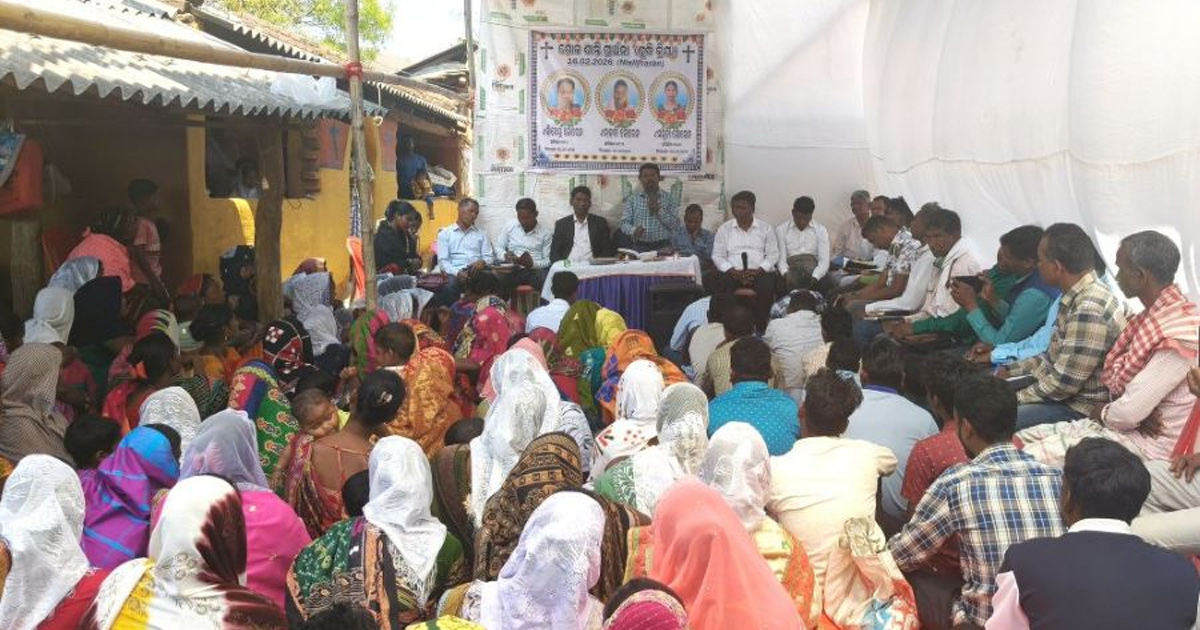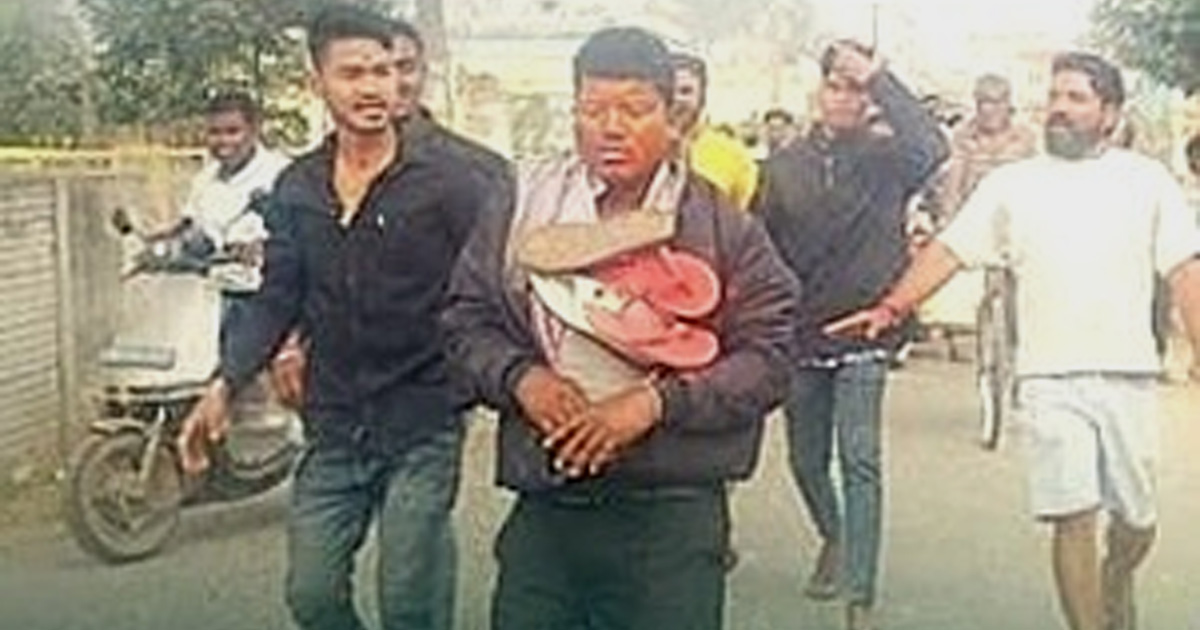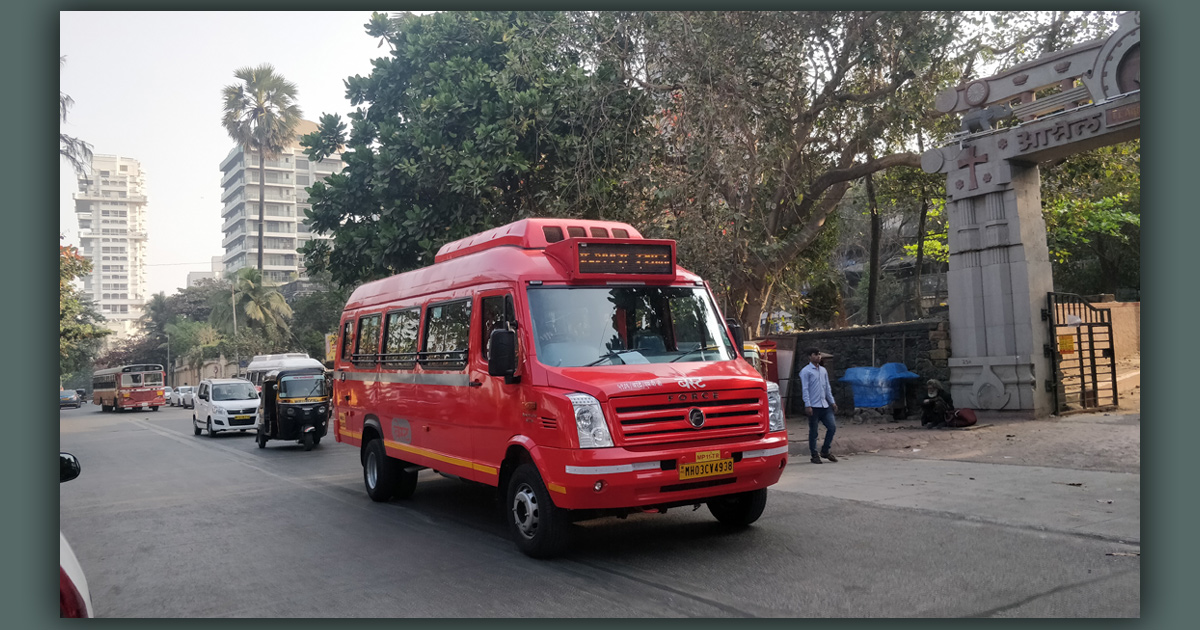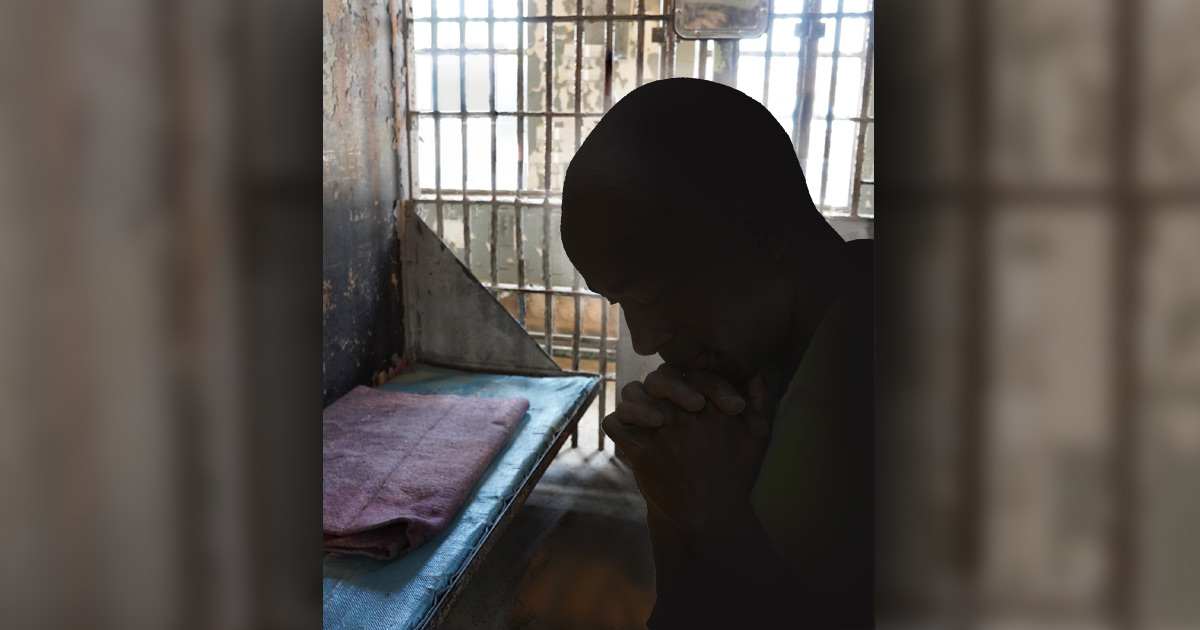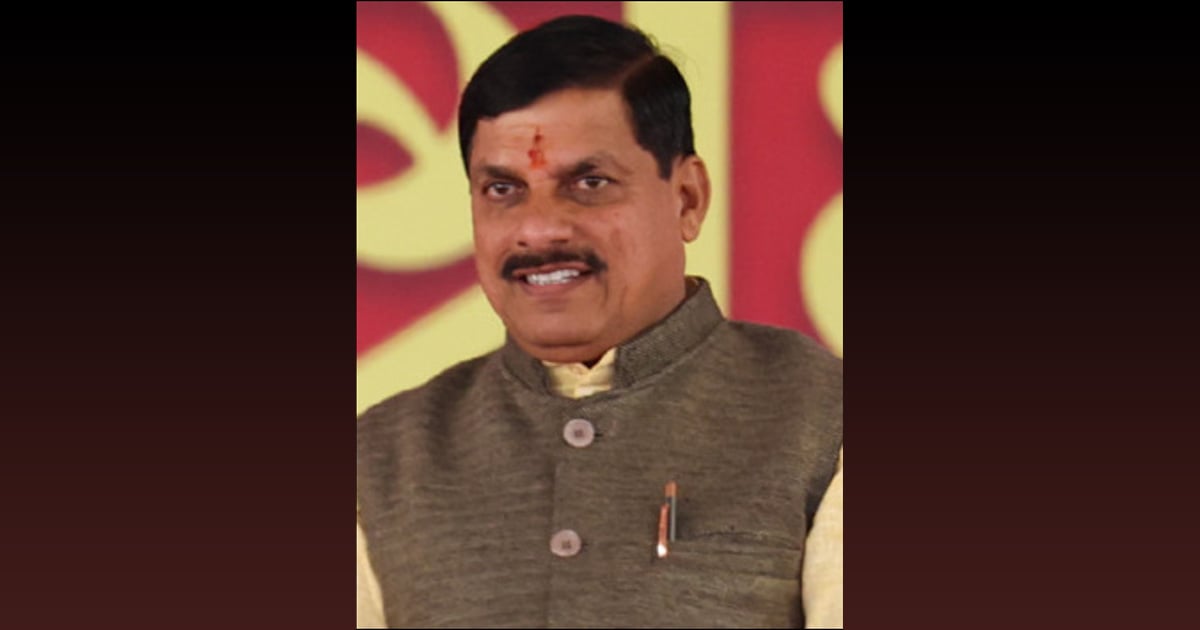
Photo: India Prime Minister's Office (GODL-India)
The Chief Minister for the Indian state of Madhya Pradesh has publicly announced plans to impose the death penalty on those convicted of forced or fraudulent religious conversions. In a public meeting for International Women's Day on March 8th, Mohan Yadav equated such conversions with child molestation, stating that both crimes warrant the imposition of capital punishment. Later that evening, the state government released a statement affirming the announcement made by Mohan.
The state's Religious Freedom Act, which came into effect in 2021, is intended to protect people from being forcefully or fraudulently converted from one religion to another. Similar anti-conversion laws are also presently being enforced within ten other states throughout India. Unfortunately, such laws have been widely abused. Militant groups have stirred up violent mob attacks against Christians, falsely claiming that the believers were involved in bribery and other ways of tricking people into converting. For more information, including reports concerning the numerous incidents of persecution that have taken place against those allegedly accused of coercive conversions, see our country profile.
- Pray that this intended change to Madhya Pradesh's legislation will not be instituted, and that followers of Jesus will no longer be falsely accused under India's anti-conversion laws.
- Ask the Lord to intervene on behalf of believers who are currently facing legal challenges due to false allegations, praying that they will be cleared of all charges.
- May the country's governing leaders come to respect the constitutional rights of all India's citizens, which includes permitting religious freedom to adherents of Christianity.
- Despite the threat of opposition and false charges, may our Christian brothers and sisters throughout this South Asian nation receive guidance, courage and strength as they endeavour to continue living in ways that please the Lord.

 Population
Population